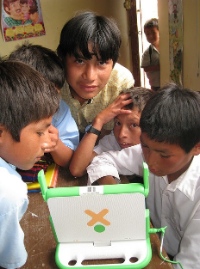This week I had an excellent conversation with an Indian state senior civil servant (called a Secretary here in India) about corruption.
I have always been of the opinion that the offices of law and order have to take care of corruption at the top of the pyramid, but it behoves us NGO people to find effective ways to bring about behaviour change at the bottom of the pyramid.
(The pyramid is that representation of the economic situation where the haves sit at the top and the have-nots sit at the bottom, and people are usually trying to climb higher in the pyramid no matter where they are.)
Mr Secretary said that the people at the bottom of the pyramid cheat usually because they have to. They have such low income that in order to feed their families, they have to be corrupt. They have an almost altruistic motivation to do so. A typical case is the cop who executes fines in the form of cash payments that go into his own pocket.
The best case entrance point (as we say in therapy language) is to address bureaucrats in the middle of the pyramid. These are people who don't need to cheat - they have a good income and a good pension and good working conditions, and risk their whole careers in the cause of greed. They siphon public money into their own pockets, sometimes in vast quantities. They prevent the implementation of audit measures that would prevent this happening.
Mr Secretary thinks it should be possible to reduce this kind of corruption by a kind of preventative education program. It would be what they call in some countries a value education course. I think he might be right, it should make a difference. The difficulty would be setting up the RCT (Random Control Trial) to prove it worked! However, I'm up for the challenge. I've agreed to write the program, and he's happy to pilot it, so let's see if it works out.
